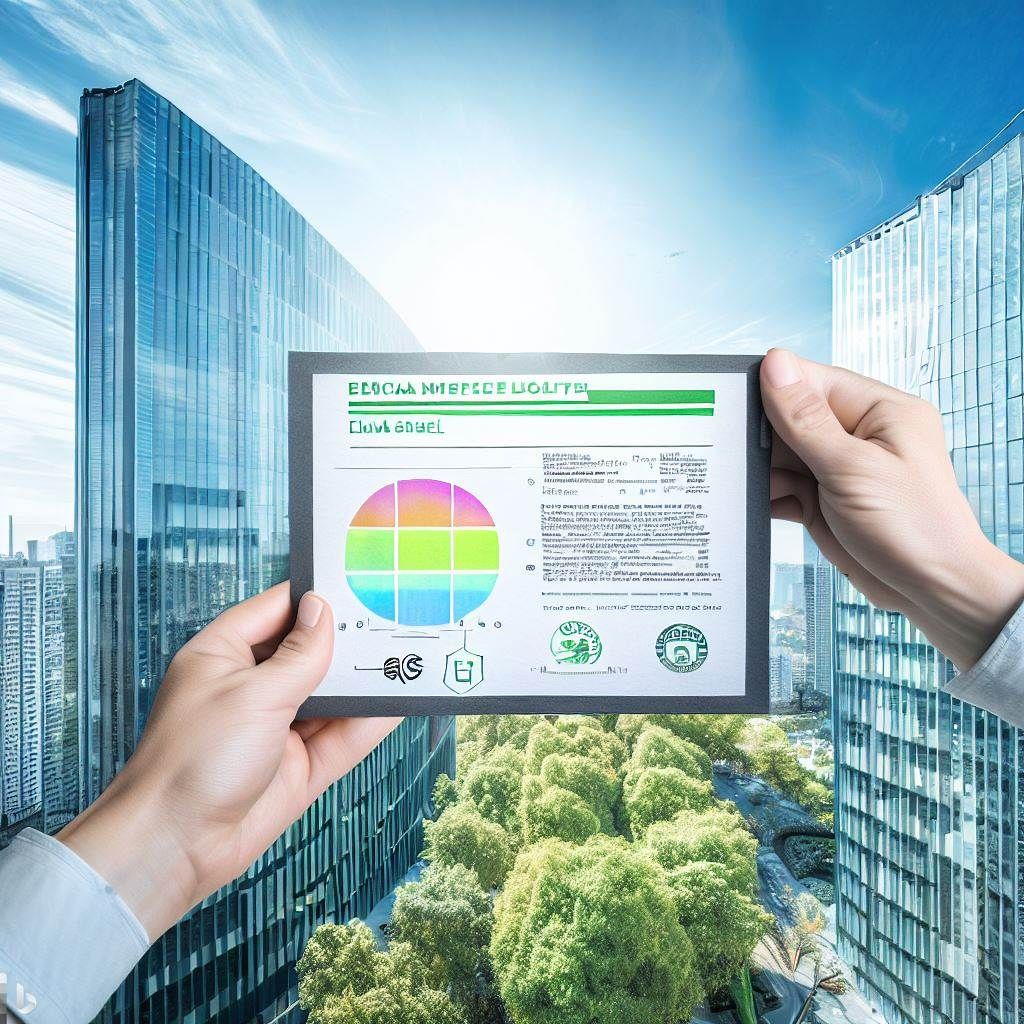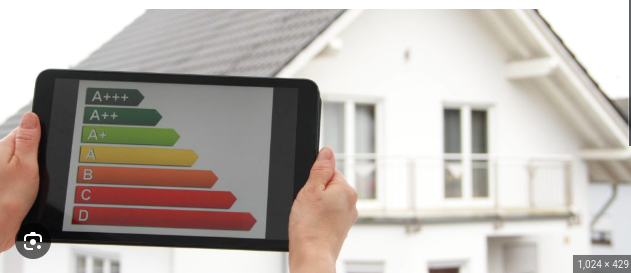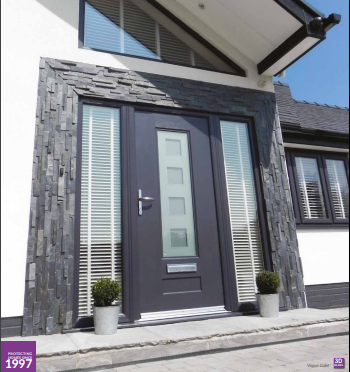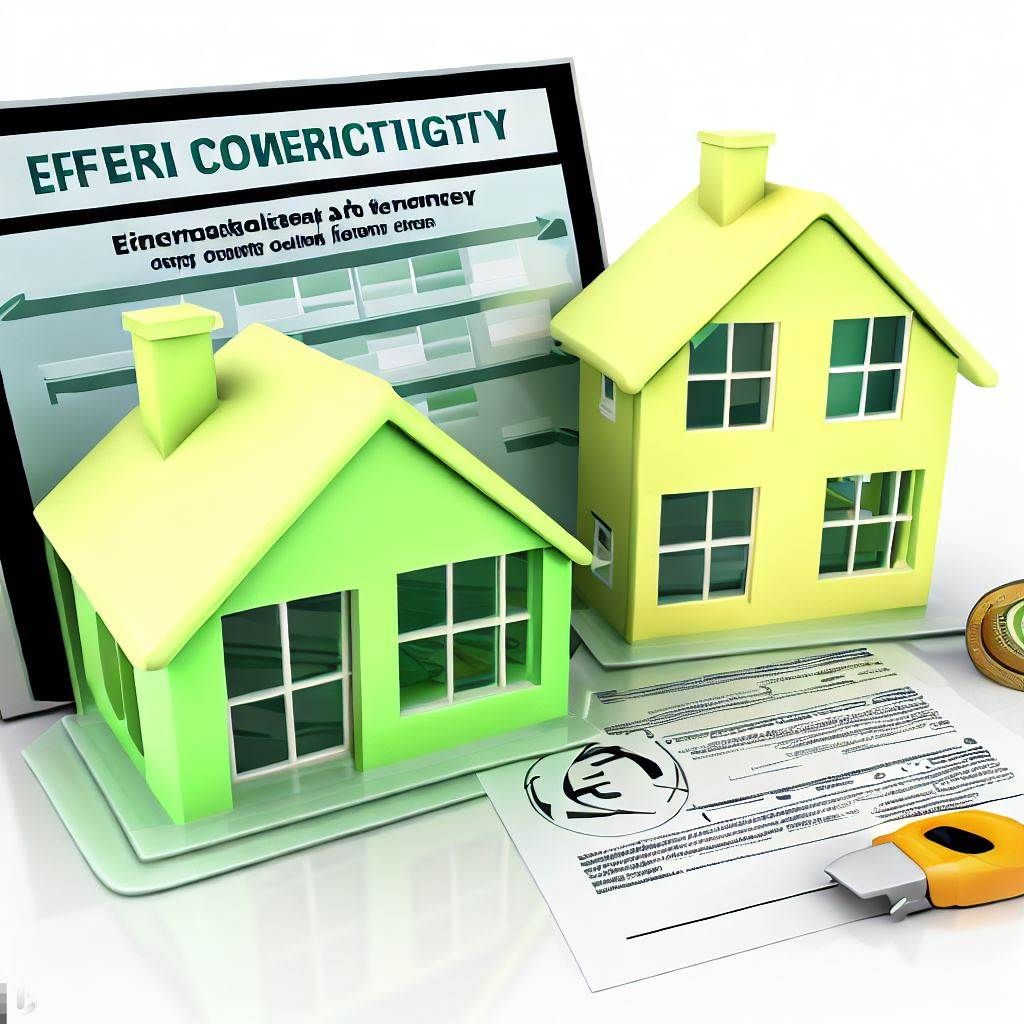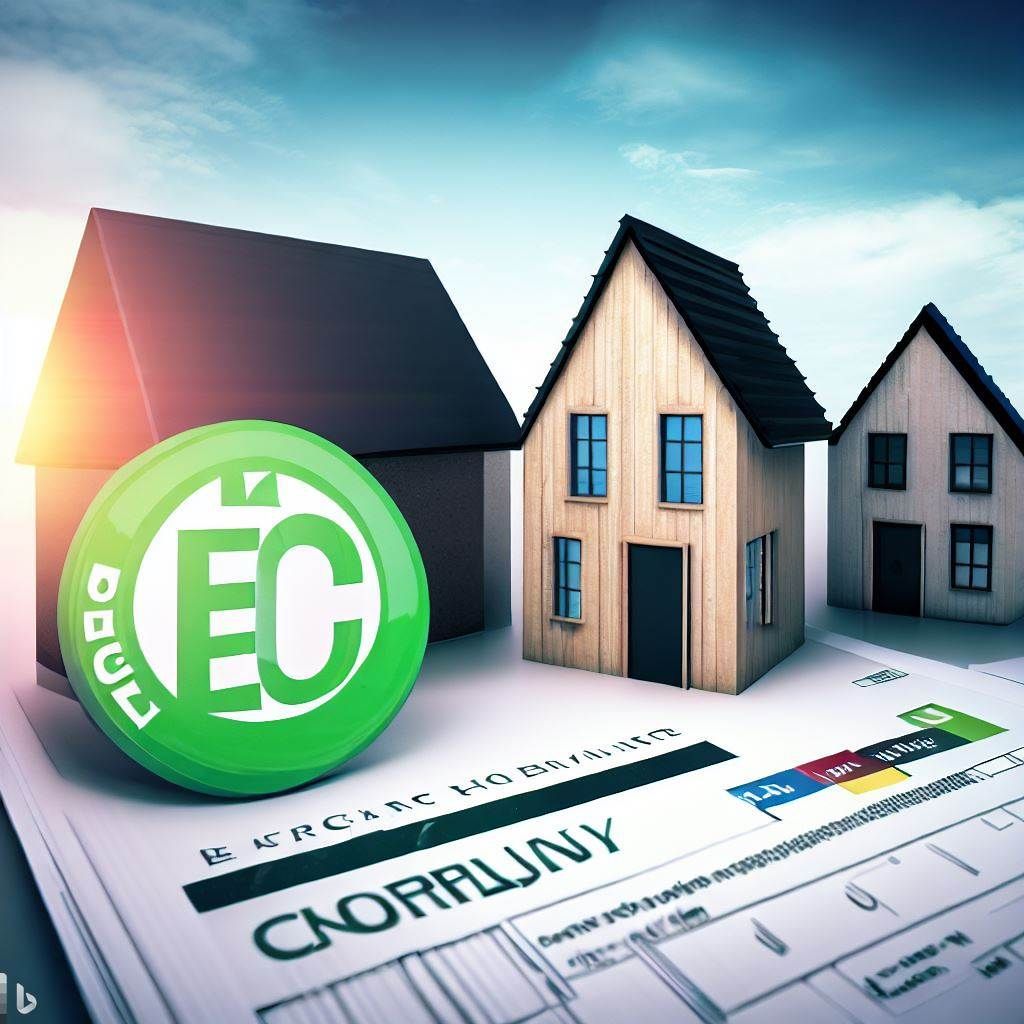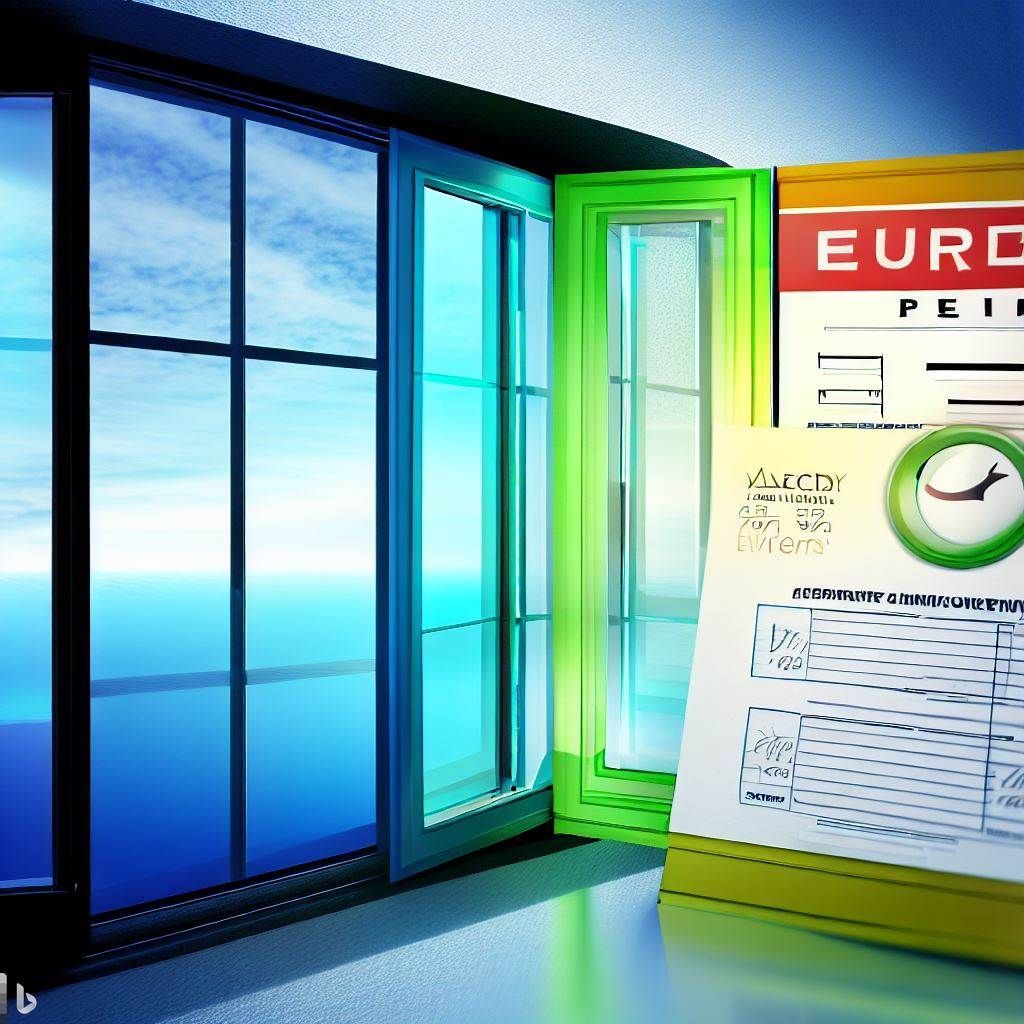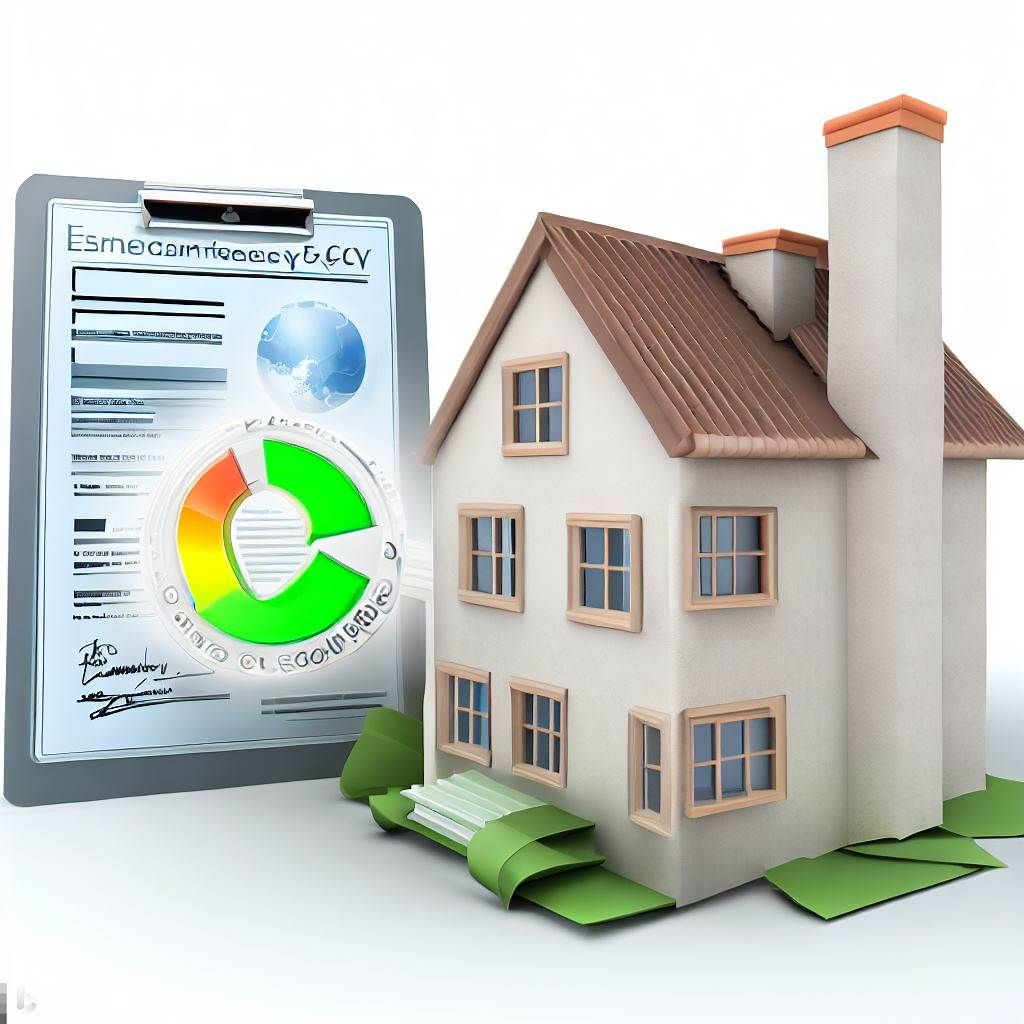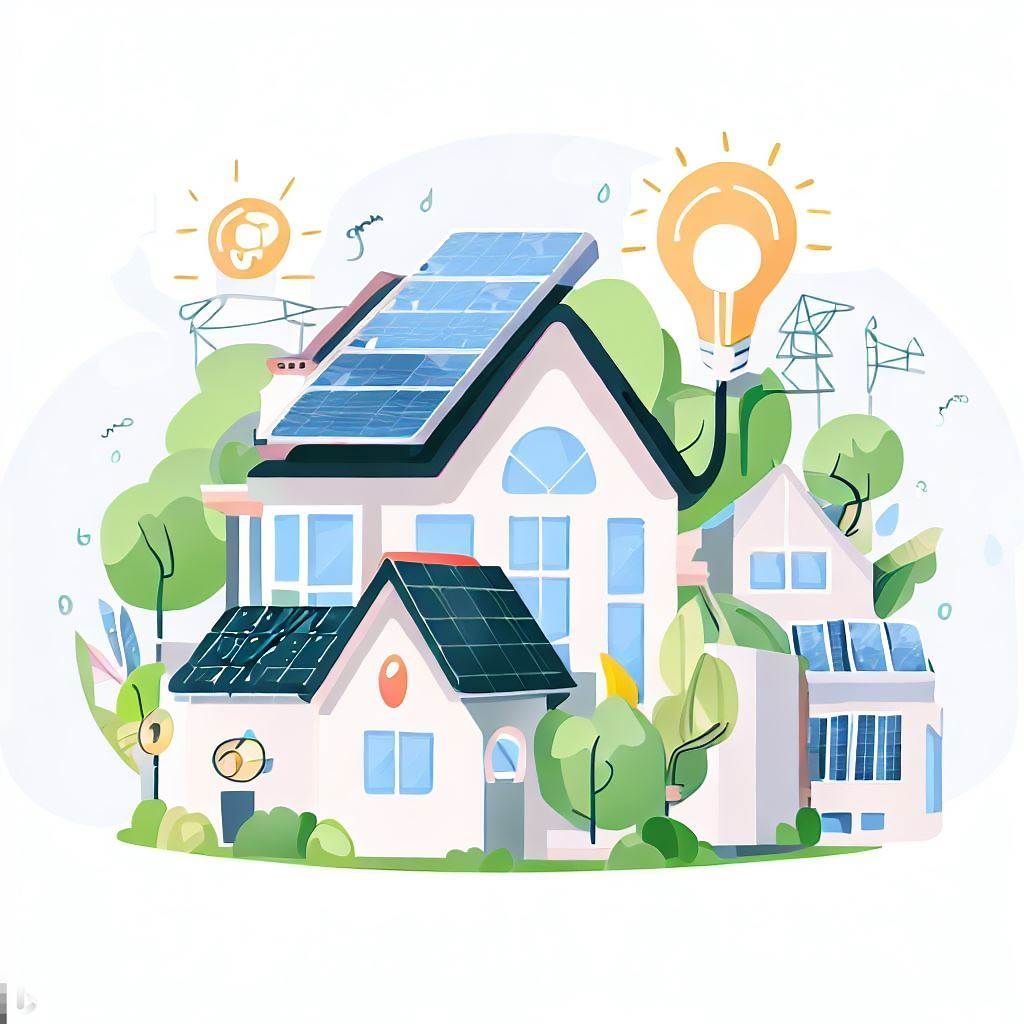On Construction Domestic Energy Assessor Training: Empowering Energy Efficiency
My Guide To On Construction Domestic Energy Assessor Training (OCDEA)
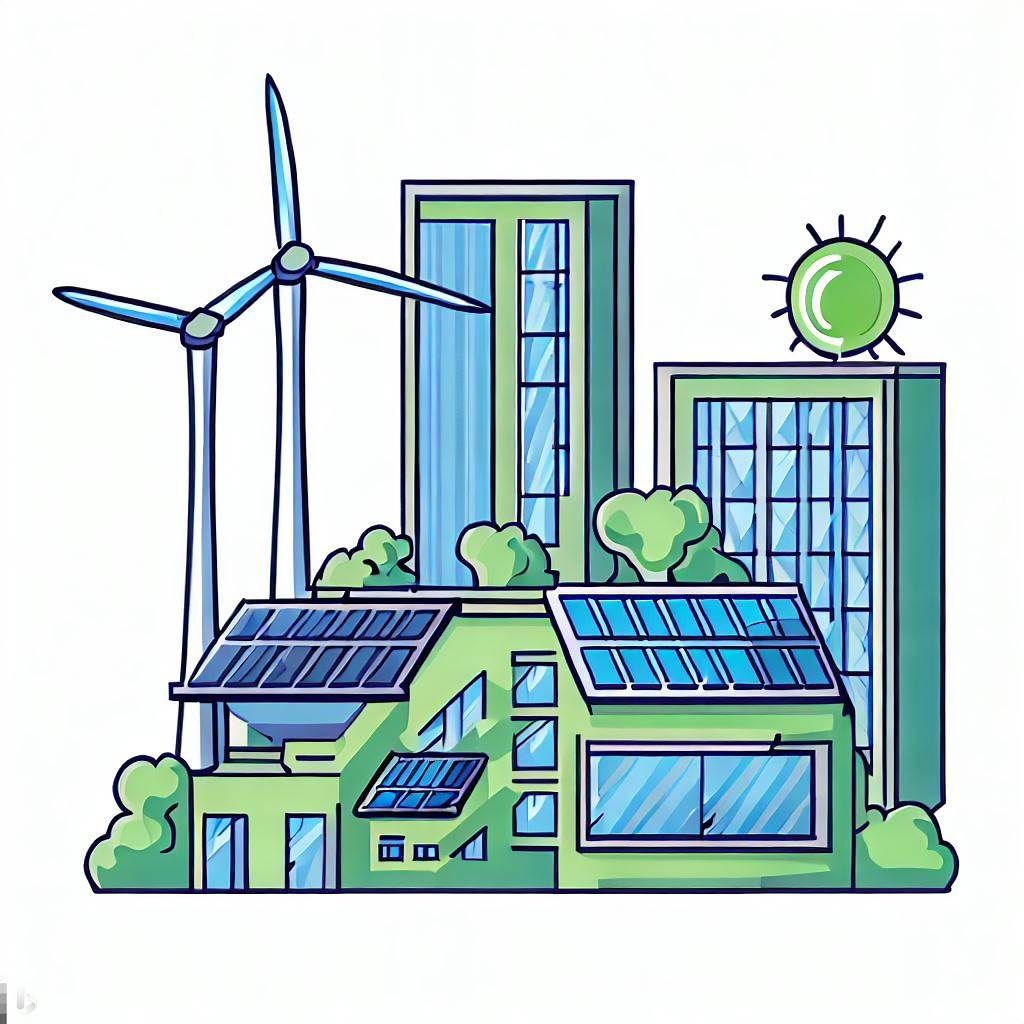
Table of Contents:
- Introduction
- The Significance of Energy Performance Certificates (EPCs)
- The Role of an OCDEA
- Benefits of Becoming an OCDEA
- Play a Critical Role in the Drive Towards Net Zero
- Work for Yourself - Control Your Work/Life Balance
- Complete New Build Assessments Remotely
- Supplement Your Existing Income or Build a New Business
- Employment Opportunities with Energy Assessment Organizations
- Skills and Knowledge Acquired in OCDEA Training
- Energy Calculations and Standard Assessment Procedure (SAP) Software
- Producing New Build Energy Performance Certificates
- The Importance of Energy Efficiency in Construction
- Collaborative Efforts: Architects, Builders, and OCDEAs
- Continuing Professional Development for OCDEAs
- Conclusion
1. Introduction:
The drive towards net-zero emissions has placed a renewed focus on energy efficiency in all aspects of life. In the construction industry, this emphasis is reflected in the requirement for every newly built domestic dwelling in the UK to have an Energy Performance Certificate (EPC) before being sold or let. In this blog post, we will explore the role of an On Construction Domestic Energy Assessor (OCDEA), the benefits of pursuing OCDEA training, and the crucial importance of energy efficiency in the construction sector.
People Also Ask
How do I become a domestic EPC assessor?
How long does it take to become a domestic energy assessor?
What qualifications do you need to be an energy assessor?
How much do domestic energy assessors earn?
2. The Significance of Energy Performance Certificates (EPCs):
2.1 The Role of an OCDEA:
As an OCDEA, you possess the skills and knowledge to conduct energy calculations and utilise the Standard Assessment Procedure (SAP) software to produce EPCs for new builds. You act as a trusted advisor, assessing and evaluating energy performance, and providing recommendations to enhance efficiency. Your expertise contributes directly to creating greener, more sustainable homes.
3. Benefits of Becoming an OCDEA:
3.1 Play a Critical Role in the Drive Towards Net Zero:
By becoming an OCDEA, you become an essential part of the collective effort to achieve net-zero emissions. Your assessments and recommendations directly impact the energy efficiency of new homes, reducing carbon emissions and promoting sustainable living.
3.2 Work for Yourself - Control Your Work/Life Balance:
Becoming an OCDEA offers the opportunity to work for yourself, giving you greater control over your work/life balance. You can set your own schedule, work from home or your office, and take on projects that align with your interests and goals.
3.3 Complete New Build Assessments Remotely:
Unlike other energy assessments that require site visits, OCDEAs can complete new build assessments remotely. This flexibility allows you to conduct assessments efficiently and effectively, saving time and resources.
3.4 Supplement Your Existing Income or Build a New Business:
OCDEA training provides you with the skills to supplement your existing income or establish a completely new business. The demand for energy assessments continues to grow, presenting lucrative opportunities for OCDEAs in the construction industry.
3.5 Employment Opportunities with Energy Assessment Organisations:
OCDEAs can also seek employment opportunities with existing energy assessment organisations. With their expertise, they can contribute to established teams and make a difference in energy efficiency practices on a larger scale.
4. Skills and Knowledge Acquired in OCDEA Training:
4.1 Energy Calculations and Standard Assessment Procedure (SAP) Software:
OCDEA training equips you with the necessary skills to perform energy calculations and use SAP software effectively. These tools enable you to assess the energy performance of new builds accurately and produce reliable EPCs.
4.2 Producing New Build Energy Performance Certificates:
Through OCDEA training, you learn the process of producing EPCs for new builds. You gain expertise in evaluating insulation, heating systems, ventilation, lighting, and other factors affecting energy consumption, providing valuable insights for builders and homeowners.
5. The Importance of Energy Efficiency in Construction:Energy Performance Certificates
(EPCs) provide valuable information about a property's energy efficiency and carbon emissions. They play a vital role in promoting sustainable construction practices, enabling prospective buyers or tenants to make informed decisions. EPCs are mandatory for all new domestic dwellings in the UK, emphasising the importance of assessing and improving energy performance.
Energy efficiency in construction is paramount for reducing carbon emissions, conserving resources, and creating sustainable living environments. OCDEAs contribute directly to this objective by identifying areas for improvement and ensuring compliance with energy efficiency regulations.
6. Collaborative Efforts: Architects, Builders, and OCDEAs:
OCDEAs collaborate closely with architects, builders, and other construction professionals. Their expertise adds value to the planning and construction phases by integrating energy efficiency measures seamlessly into building designs. This collaboration enhances overall energy performance and reduces environmental impact.
7. Continuing Professional Development for OCDEAs:
As the field of energy efficiency evolves, OCDEAs must engage in continuous professional development. Workshops, seminars, and ongoing education help OCDEAs stay updated with the latest technologies, regulations, and best practices, ensuring the highest level of expertise.
Conclusion:
Becoming an On Construction Domestic Energy Assessor (OCDEA) offers numerous advantages, including the opportunity to play a vital role in the drive towards net-zero emissions, work independently, and contribute to energy efficiency in construction. OCDEA training equips professionals with the necessary skills to assess energy performance, produce accurate EPCs, and provide valuable recommendations. By embracing energy efficiency, OCDEAs pave the way for sustainable, eco-friendly residential buildings and a greener future.
FAQ
1. How much can an OCDEA earn?
The earning potential for an OCDEA can vary based on factors such as location, experience, and the number of assessments completed. As an OCDEA, you can charge a fee for each energy assessment conducted, which typically ranges from £70 to £200 per assessment. With a steady flow of projects and efficient work management, OCDEAs have the potential to earn a substantial income. Some OCDEAs also choose to offer additional services, such as energy advice or consultancy, which can further increase their earning potential.
2. What equipment will an OCDEA need for their assessments?
To conduct energy assessments and produce Energy Performance Certificates (EPCs), OCDEAs will need the following equipment:
A computer or laptop with reliable internet access for using software tools, conducting calculations, and producing EPCs.
Standard Assessment Procedure (SAP) software, which is necessary for energy calculations and generating EPCs.
Measurement tools such as a laser measure, thermal imaging camera, or data loggers to gather relevant data during assessments.
Access to relevant documentation, including building plans, specifications, and any other necessary records for accurate assessments.
3. Where do OCDEAs get work from?
OCDEAs can acquire work from various sources, including:
Direct clients: Homeowners, landlords, or property developers who require energy assessments for new builds or existing properties.
Energy assessment organisations: OCDEAs can seek employment or contract work with established energy assessment companies that offer their services to clients.
Construction professionals: Collaborating with architects, builders, or contractors can provide a consistent stream of work as they require OCDEAs for energy assessments in their projects.
Referrals and networking: Building a strong professional network and receiving referrals from satisfied clients can lead to additional work opportunities.
4. How long will it take to qualify as an OCDEA?
The time required to qualify as an OCDEA depends on several factors, including the training program chosen, the individual's prior knowledge and experience, and the commitment to completing the necessary coursework and assessments. Generally, it can take several months to a year to complete the required training and gain the necessary competence to become an OCDEA. This timeframe includes both theoretical learning and practical experience to ensure proficiency in energy calculations and assessment procedures.
5. What are the opportunities following this training?
After completing OCDEA training and obtaining the necessary qualifications, several opportunities await:
Working independently as a self-employed OCDEA, serving clients directly and managing your own workload.
Joining an energy assessment organization as an employee or contractor, providing energy assessment services for their clients.
Expanding services to offer energy consultancy, advice on retrofitting properties, or providing energy efficiency recommendations to homeowners and businesses.
Collaborating with architects, builders, or construction professionals to integrate energy efficiency measures into building designs and projects.
6. Once qualified, do OCDEAs need to join an accreditation scheme?
Yes, once qualified, it is important for OCDEAs to join an accreditation scheme to practice legally and maintain professional standards. In the UK, the most recognised accreditation scheme for OCDEAs is the Stroma Certification scheme, which ensures that assessors meet the required competency standards and comply with industry regulations. Joining an accreditation scheme provides credibility, access to necessary software and updates, ongoing training opportunities, and the ability to produce official Energy Performance Certificates (EPCs) that are legally recognised.
